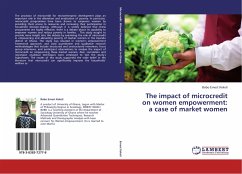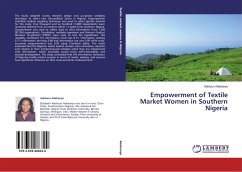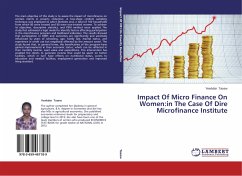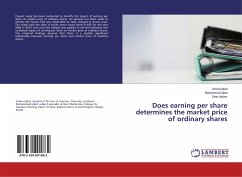The provision of microcredit for microenterprise development plays an important role in the alleviation and eradication of poverty. In particular, microcredit programmes have been shown to empower women by providing them access to resources and increasing their participation in household decision-making. Although it is widely believed that these programmes are highly effective, there is a debate about its capability to empower women and reduce poverty in families. . This study sought to provide more insight into this debate by examining the role of microcredit in empowering and alleviating poverty of market women in the Kpando district of Ghana. The study was situated in women s empowerment framework approach, and used quantitative and qualitative research methodologies that include structured and unstructured interviews, focus group interviews, and participant observations to analyse the impact of microcredit on empowering these market women. Also, correlation and regression analytical techniques were employed to test the study s hypotheses. The results of this study supported the wide belief in the literature that microcredit can significantly improve the households welfare su
Bitte wählen Sie Ihr Anliegen aus.
Rechnungen
Retourenschein anfordern
Bestellstatus
Storno








